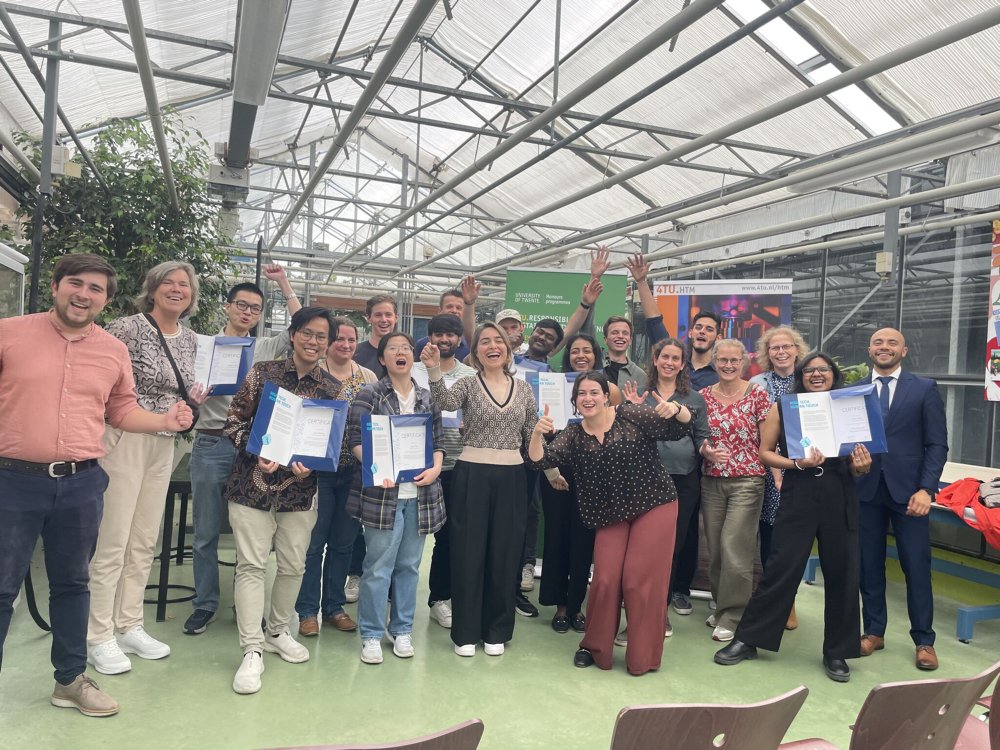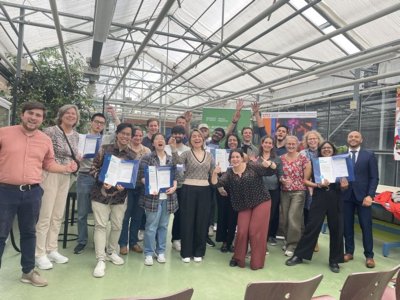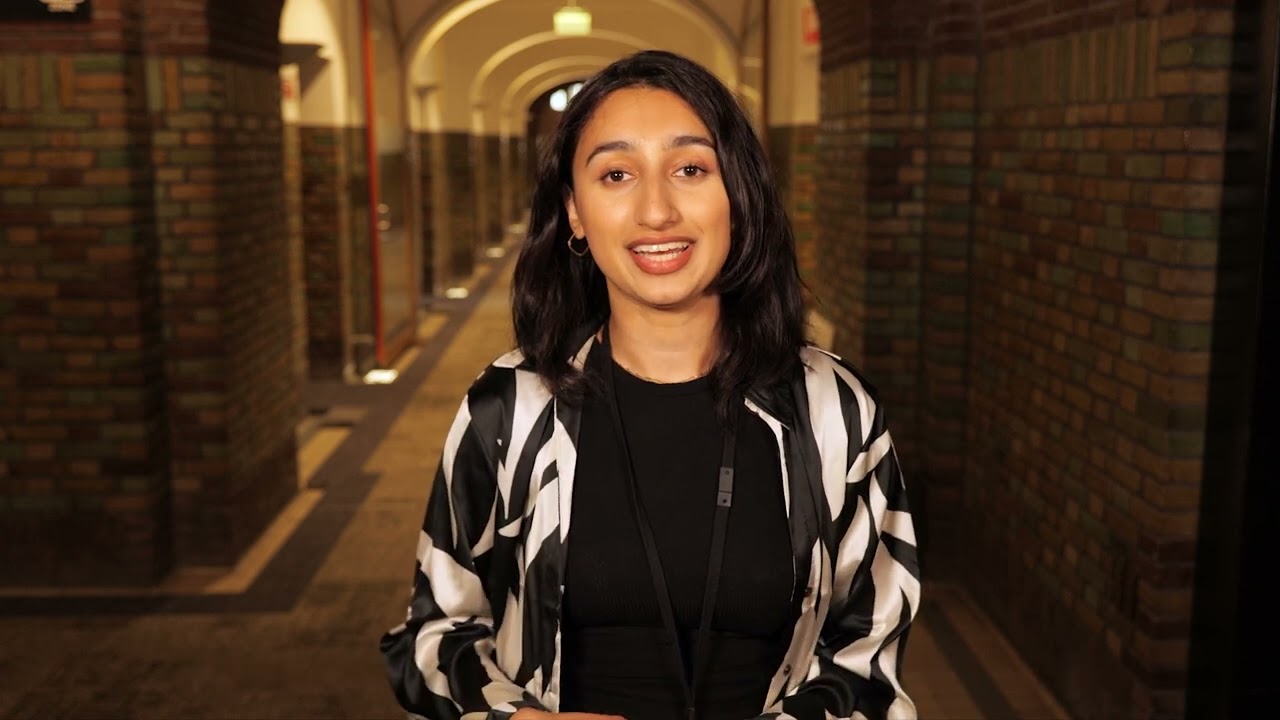4TU.Responsible Sustainability Challenge (2022-2025)
Within the 4TU.RSC track, three cohorts of students from Delft and Eindhoven Universities of Technology and the University of Twente worked together on a real-life challenge regarding sustainability. After matching with a case, they worked as a team to investigate and address an issue regarding sustainability at an external organisation. They provided an unbiased, professional, and academic look into the broad issue that the organisation provided and determined the underlying problems to address. They also shaped their own learning path and team contribution through an expert network and micro-courses. The challenge improved their professional capabilities and helped to make a difference both for personal growth as well as within organisations.
More about three editions of the 4TU.RSC
- 4TU.Responsible Sustainability Challenge (2022-2023)
- 4TU.Responsible Sustainability Challenge (2023-2024)
- 4TU.Responsible Sustainability Challenge (2024-2025)
Video by Bas Schollaardt, De Verbeelding Videoproducties

4TU.RSC core team
The 4TU.Responsible Sustainability Challenge (2022-2025) could not have run without the efforts of this wonderful core team of teachers.








